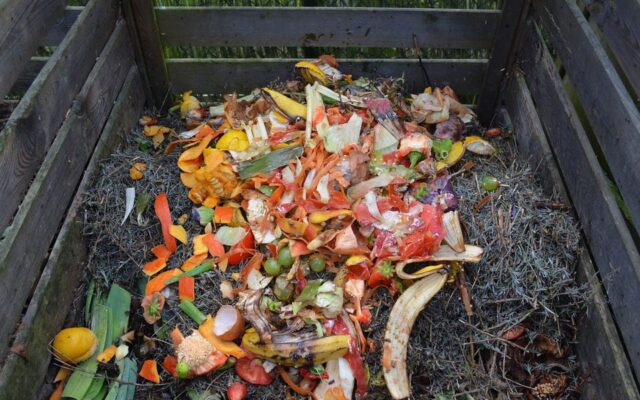
The Types of Food That You Shouldn’t Put in the Compost
In an effort to minimise our impact on the environment, more and more of us are taking up composting. The idea is that anything organic can be placed into a compost pile, or a special bin, to biodegrade into a usable compost.
The main principle behind this is that we can put the nutrients and goodness back into the ground and avoid throwing good things into landfill sites. This is of great importance for any commercial operations with a lot of food waste to deal with, as there is a responsibility on their shoulders to manage their waste in the most efficient way possible.
To help you keep your compost pile in order, take a look at the following items which should not be put in the pile.
- Coffee & Tea Bags
While the actual tea leaves and coffee grounds themselves can be great for any composting pile, the bags, packaging and containers are not good. You can get tea bags which are made from natural materials, and more companies are taking steps to change their products so that you can throw them in a compost pile.
- Meat & Fish
Are you the kind of person who has leftover meat to throw out? Well, don’t throw it in your compost pile. Not only would it create a huge smell around your property, but it might attract foxes and other scavenging creatures. These items do degrade nicely in a compost pile, but the trouble it brings isn’t worth it.
- Onions
Onion peels seem like the ideal thing to put in your compost pile, but you might be surprised to know that these take longer to break down than other types of organic food matter. The naturally occuring chemicals in onion could be harmful to microorganisms in your pile, slowly down the process.
- Labels from fruit and veg
You’re doing the right thing by trying to recycle your leftovers into something useful, but make sure you take any sticky labels off your fruit and veg as these little pieces of glossy paper will not break down.
- Cat and dog faeces
While it might seem that your pets’ droppings are an organic matter, you’d be ill-advised to put them in your compost pile, especially if you’re going to use the compost to grow crops of any kind. There are dangerous parasites in the droppings of carnivores which need to be avoided.
- Coals and ash
Coal comes from the ground naturally, so you can see the logic for why people might put their ash and leftover briquettes on a compost pile. However, with the levels of sulfur and any other chemicals they’ve been treated with, you really shouldn’t be putting this in your pile.
- Tree branches
The best thing to do with tree branches is to leave them in a pile to break down over a longer period of time. Only then can you add them to a compost pile, adding them any sooner means they will simply slow down your composting process and leave you without any to use. The smaller the branches, the quicker they will break down.
- Citrus peels
You might have already guessed that the acidity of your citrus peels will be too detrimental to your compost pile. Much like with onions, they have a tendency to damage microorganisms and won’t break down very quickly.
Companies operating in the hospitality sector should pay special attention to where their food waste ends up. By ensuring large quantities of food waste are recycled properly, this will help to keep waste out of landfill sites. You can read more about this in our post about the food waste hierarchy.
Brown’s can arrange the disposal of large quantities of food waste at for our aerobic digestion plant for 100% recycling and avoiding landfill. For more details on recycling your food waste, or to speak to our specialist team about any of our waste management services, simply contact us today.
This website uses cookies to enhance your browsing experience and deliver personalised ads. By clicking “Accept All Cookies”, you agree to the storing of cookies on your device to enhance site navigation, analyse site usage, and assist in our marketing efforts.




